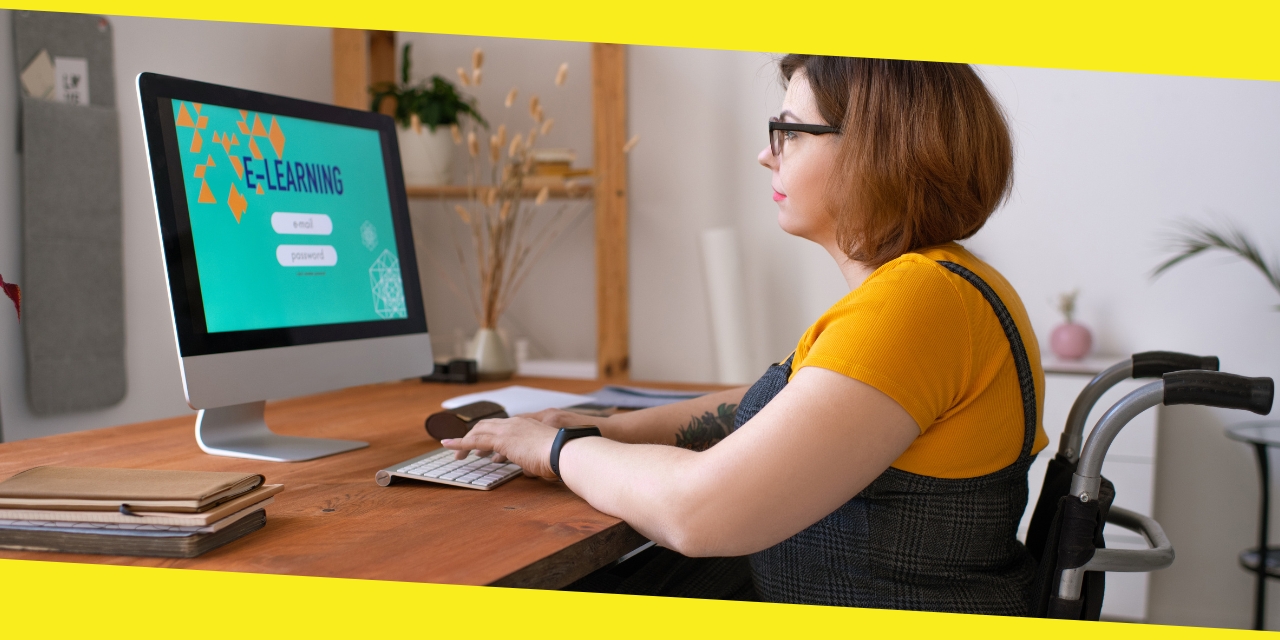How Accessible Facilities Can Improve the Lives of Disabled People
This post was last updated on April 25th, 2023

Sydney, Australia, has made significant strides in providing disability accommodations in recent years. According to the statistics of 2021, in Western Sydney (LGA), 151,963 individuals, which equates to 5.8% of the population, disclosed requiring assistance in their daily routine due to their disabilities.
The city has implemented accessibility standards in disability accommodation in Sydney, public transportation, and public spaces to ensure that people with disabilities can navigate the city with greater ease and independence. For example, many buildings in Sydney now feature accessible entrances, ramps, and elevators, while public transportation options, including buses and trains, are equipped with wheelchair ramps and lifts. Accessibility is a term used to describe how people with disabilities can access public spaces, facilities, and services. Accessible facilities play a critical role in improving the lives of people with disabilities. The following points will explore the importance of accessible facilities and how they can improve the lives of disabled people.
Contents
ToggleAccommodation
Providing accessible accommodation is critical to ensure that people with disabilities can enjoy equal opportunities to travel, work, and participate in society. Accessible accommodation includes wheelchair ramps, elevators, accessible restrooms, and visual or auditory aids. Accommodation providers must ensure that their facilities meet accessibility standards and that people with disabilities can use them comfortably and safely.
Increased Independence
Accessible facilities allow disabled people to navigate their environment with greater independence. For example, an accessible entrance with a ramp or lift can allow someone who uses a wheelchair to enter a building without assistance. Similarly, an accessible restroom with grab bars and a wheelchair-accessible sink can enable someone with mobility impairments to use the facilities independently. Such facilities can also improve the quality of life for people with visual or hearing impairments. For example, a building equipped with visual or auditory aids can make navigating and communicating in the environment easier for someone with a visual or hearing impairment.
Improved Participation in Society
Access to accessible facilities allows people with disabilities to participate more fully in society. For example, an accessible cinema with captioning or audio description can enable someone with a hearing or visual impairment to enjoy a movie like anyone else. An accessible stadium with seating for wheelchair users can make it possible for a disabled sports fan to attend a game and cheer on their favourite team. Accessible transportation options, such as accessible buses or trains, can also enable people with disabilities to travel and explore new places, improving their quality of life.
Enhanced Safety
Accessible facilities also play a critical role in ensuring the safety of people with disabilities. For example, an accessible emergency exit can make it possible for someone who uses a wheelchair to evacuate a building safely during an emergency. Similarly, an accessible bathroom with grab bars and non-slip flooring can help prevent falls and injuries for people with mobility impairments. Such facilities can also improve the safety of people with visual or hearing impairments. For example, a building equipped with audio or visual alarms can alert someone with a hearing impairment to an emergency or danger.
Legal Obligations
Providing accessible facilities for disability accommodation in Sydney is beneficial and a legal obligation. Under various national and international laws, businesses and public entities must provide these facilities and services to people with disabilities. Failure to do so can result in legal action, fines, and negative publicity. Therefore, ensuring accessibility is not only the right thing to do but also a legal and moral obligation.
These facilities play a vital role in improving the lives of people with disabilities. They promote independence, participation, and safety and reduce stigma. Moreover, providing accessible facilities is a legal obligation that must be taken seriously. The benefits extend beyond the disabled individuals themselves and can also improve the lives of their families and communities. Businesses, governments, and public entities must prioritise accessibility and make it a core value in their operations. By doing so, they can promote a more inclusive and equitable society for all.
Recommended For You
FBA Shipping Checklist – How to Create a Shipping Plan
Snehashree Bhat
A young writer who loves to pen words from creative perspective. Passionate internet surfer, a versatile homemaker and a person who finds pleasure in adopting healthier and positive changes in her persona. An enthusiastic feminist who wishes to make serious changes in the stereotypical thought process of the society via the voice of her words.




